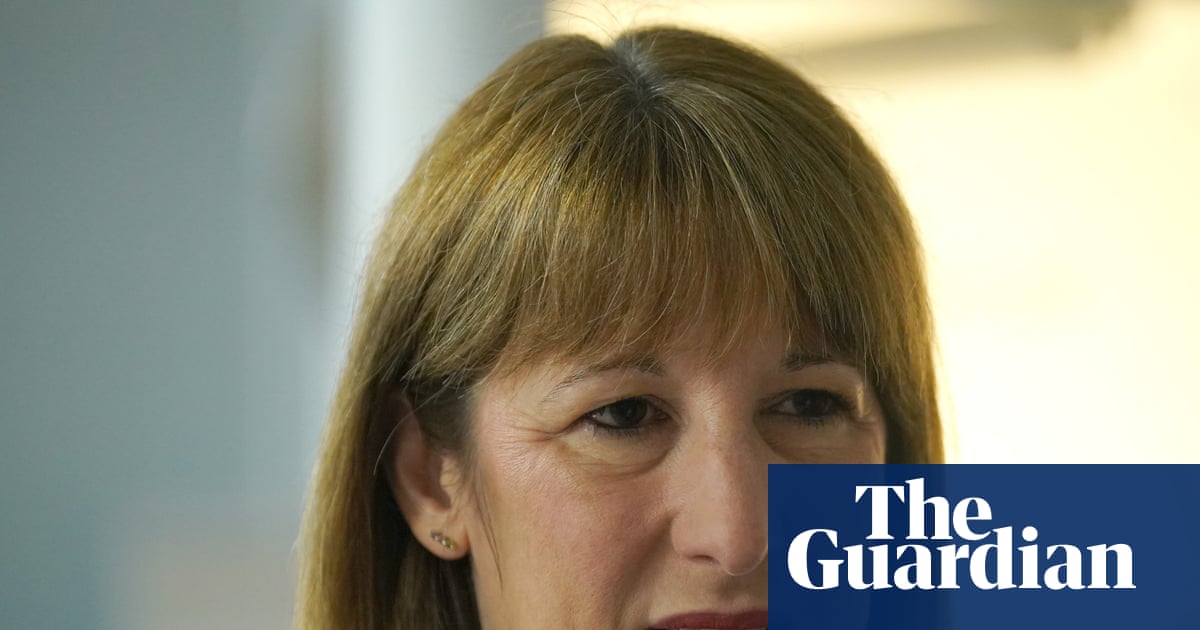T4K3.news
Chancellor considering action against motor finance ruling
Chancellor Rachel Reeves is exploring options to challenge an upcoming Supreme Court decision on motor finance.

The Chancellor is reportedly considering overruling the impending Supreme Court ruling on motor finance.
Chancellor seeks ways to challenge upcoming motor finance ruling
Chancellor Rachel Reeves is contemplating the possibility of overruling a pending Supreme Court decision regarding motor finance. This comes after the Treasury decided not to intervene in the landmark case. According to The Guardian, discussions are underway between Treasury officials, the Ministry of Justice, and the Department for Business, Energy, and Industrial Strategy about how to address the ruling if it favors lenders. Concerns are rising over substantial potential fines, which could deter companies from participating in the motor finance sector, affecting customer access to credit. This case originated from a Court of Appeal ruling that determined lenders failed to secure customer consent regarding the commissions they charged. The Supreme Court's ruling is expected soon, but has not been formally announced yet.
Key Takeaways
"Assuming today’s reporting is accurate, this is at least the second time the Chancellor has hoped to interfere."
Andy Agathangelou underscores concerns about government interference in judicial matters.
"We want to see a balanced judgment that delivers compensation proportionate to losses."
A Treasury spokesperson emphasizes the need for fair outcomes for consumers and lenders alike.
The Chancellor's potential move to interfere with the Supreme Court ruling highlights growing tensions between government oversight and judicial independence. This situation raises critical questions about accountability in the lending sector, particularly as it affects millions of consumers. If the Chancellor proceeds to challenge the ruling, it might set a concerning precedent for how financial regulations are managed. Observers will be watching closely, as this could spark significant debates about reform and consumer rights in financial dealings.
Highlights
- The Chancellor aims to redefine the boundaries between politics and judiciary.
- Interference with court rulings could risk public trust in financial regulations.
- The potential fines could shake the foundations of the motor finance sector.
- Lending practices may undergo significant changes depending on the ruling.
Potential government intervention raises risks
The Chancellor's consideration to override a Supreme Court decision could spark controversy and conflict over judicial independence and regulatory practices.
As the situation unfolds, the implications for both consumers and lenders may shape the future of financial regulations.
Enjoyed this? Let your friends know!
Related News

Chancellor faces backlash over car finance case intervention

Rachel Reeves considers intervention in car finance ruling

Car finance lenders share prices rise sharply after court ruling

Supreme Court rules against car finance compensation claims

UK minister calls for potential cryptocurrency donation ban

IMF advises UK to reconsider pension and NHS treatment policies

Supreme Court rules against car finance motorists

Supreme Court ruling denies car finance payouts
